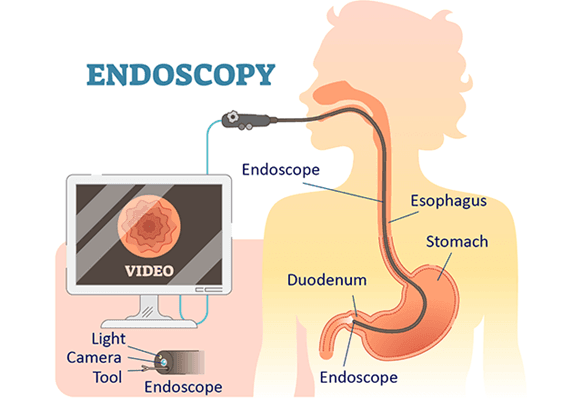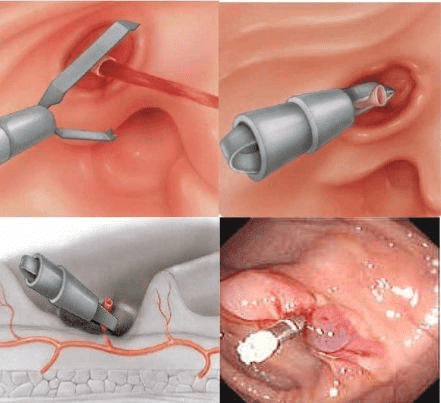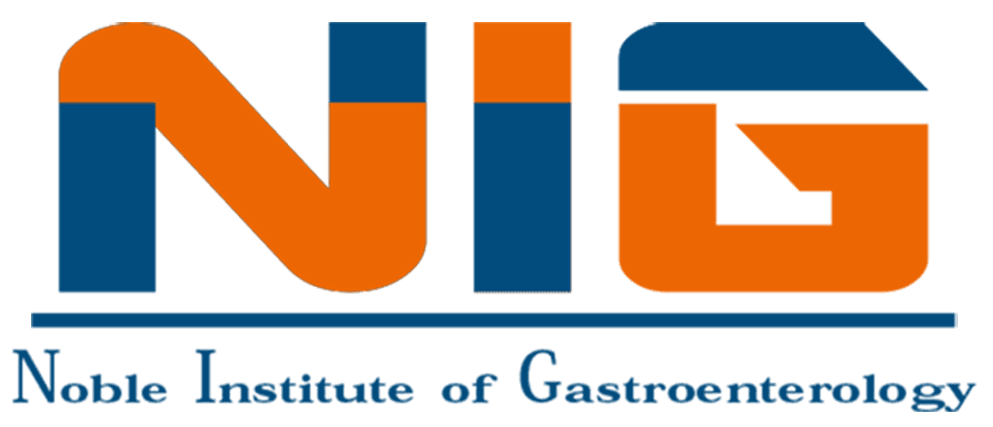Our Endoscopy FAQs section addresses common questions and concerns about the procedure, including its purpose, preparation, and recovery. Whether you’re seeking clarity on what to expect during the procedure or understanding potential risks, this guide offers clear and concise information to help you feel informed and at ease. We aim to provide you with the knowledge needed to make your endoscopy experience as comfortable and straightforward as possible.



